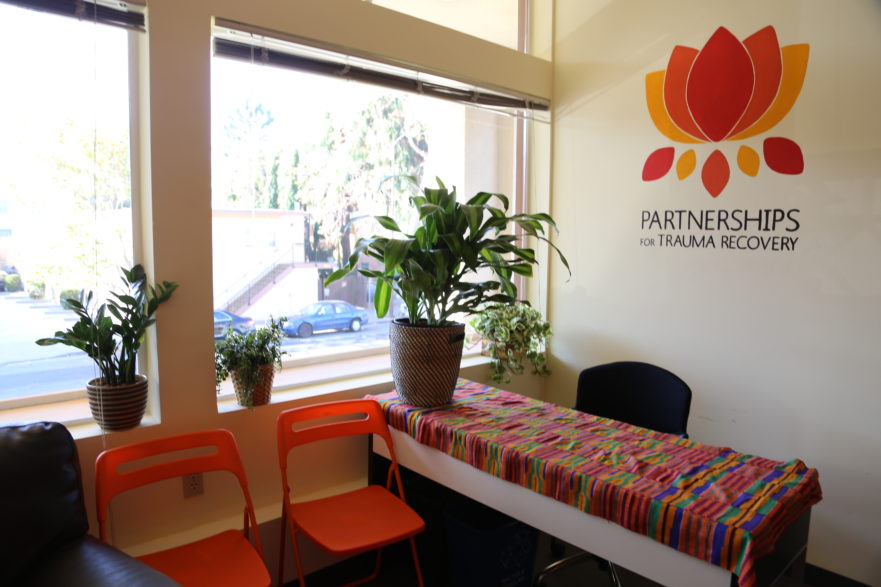September 20, 2016 – A Berkeley-based nonprofit organization has opened the first center in the area to provide free, multilingual, trauma-informed clinical mental health services specifically to international survivors of human rights abuses including refugees, asylees, and those seeking asylum in the United States. The Mosaic Healing Center, as the clinic is called, is also home to one of the few multi-disciplinary clinical training programs in the nation with an international trauma specialization.
“As we collectively witness the severe trauma and loss faced by forcibly displaced people throughout the world, we can help people, right here in the Bay Area heal from their scars, and move forward with their lives,” said Monika Parikh, Executive Director of Partnerships for Trauma Recovery which has launched the new Mosaic Healing Center clinic. “Our clients have survived war, torture, human trafficking and persecution based upon their ethnic, religious, gender, sexual orientation or political identity and beliefs. We decided that our services had to be free. Our clients are already under enough stress.”
Partnerships for Trauma Recovery (PTR) responds to the psychological impacts of trauma among international survivors of human rights abuses through culturally aware, trauma-informed and linguistically accessible mental health care services to meet the specific and expanding needs of forcibly displaced communities settling in the Bay Area. Since 1975, 170,000 refugees have been resettled in the Bay Area and 1.3 million nationwide. An estimated 44% are torture survivors and many survivors have faced multiple other forms of trauma and loss. In addition are asylum seekers who often live in limbo for years, not knowing whether they’ll be sent back to their countries of origin. Informed by over twenty years of experience working with survivors of torture, PTR’s Clinical Director, Annika Sridharan, is implementing an approach that supports their clients healing process, and helps them better integrate and thrive as individuals and families in their new communities.
“We need to start paying more attention to the internal reality of human rights survivors, recognizing that emotional wellbeing is a key component to rebuilding one’s life,” states Ms. Parikh.
At the Mosaic Healing Center, Partnerships for Trauma Recovery’s team of 13 clinicians and 9 Refugee Voices mental health interpreters who together speak 24 languages, expect to provide up to 55 therapy sessions per week and referrals for mental health care have been coming in quickly.
“We are committed to broadening what it means to be a culturally aware organization that is able to meet the needs of the highly diverse Bay Area community. During the five fiscal years ending in 2012, refugees and asylees from 41 different countries were resettled in Alameda County alone. For that reason, when we receive a new client who speaks a language for which we don’t yet have capacity, we aim to recruit additional interpreters to join our Refugee Voices team. These culturally appropriate connections are essential to help forcibly displaced families and communities feel safe, heal from severe trauma and finally live with the peace and security they deserve,” adds Parikh.

